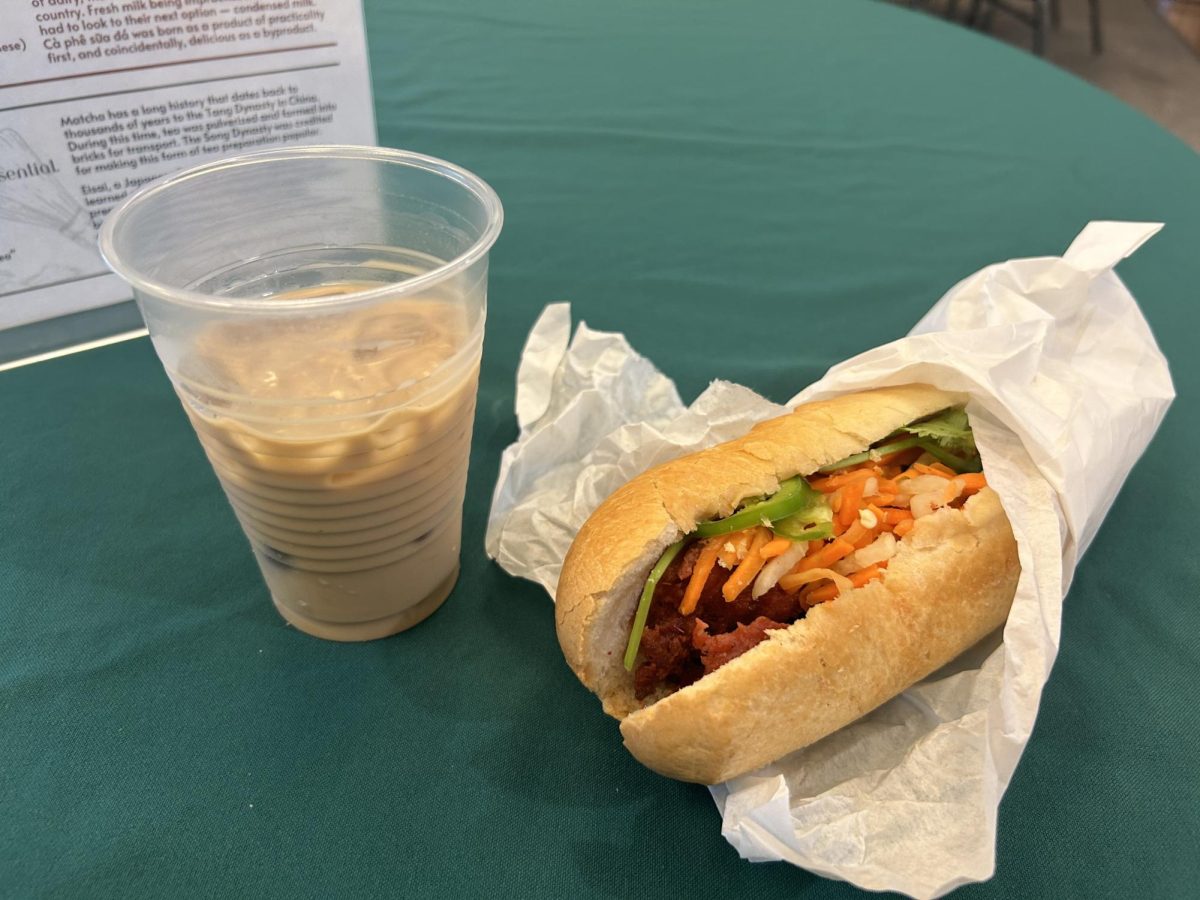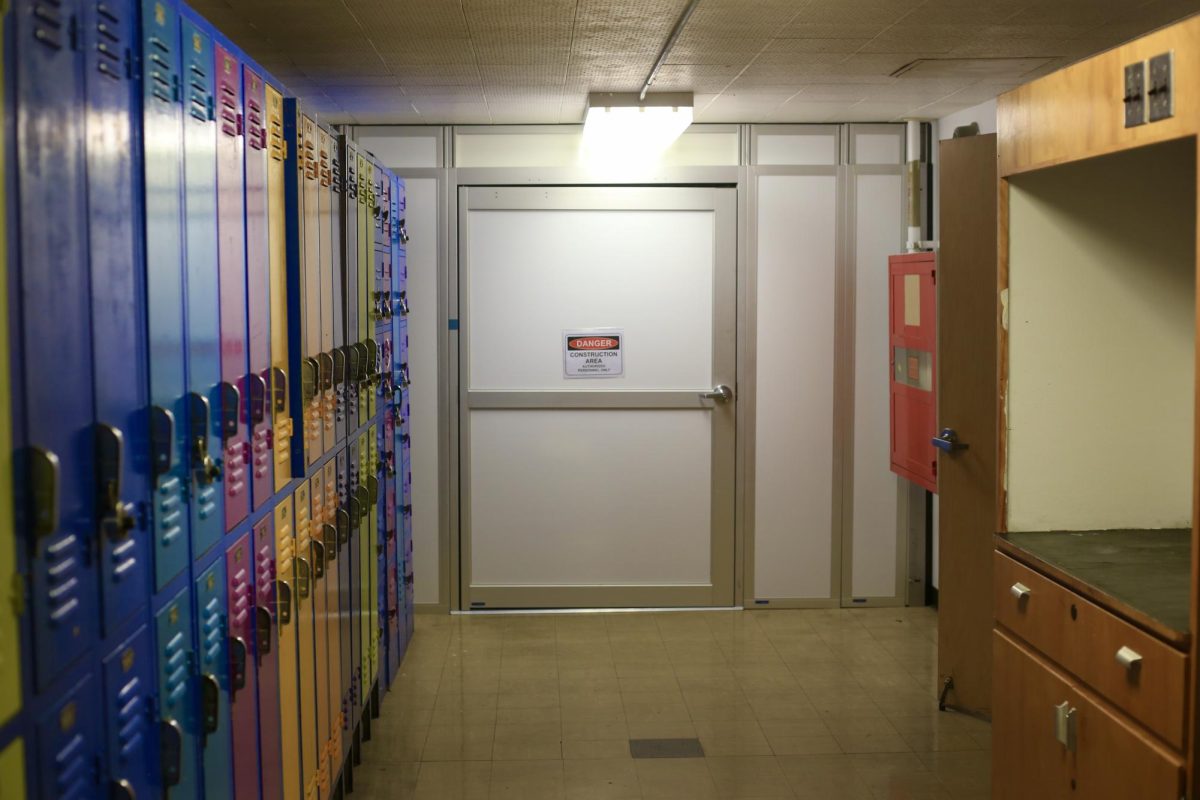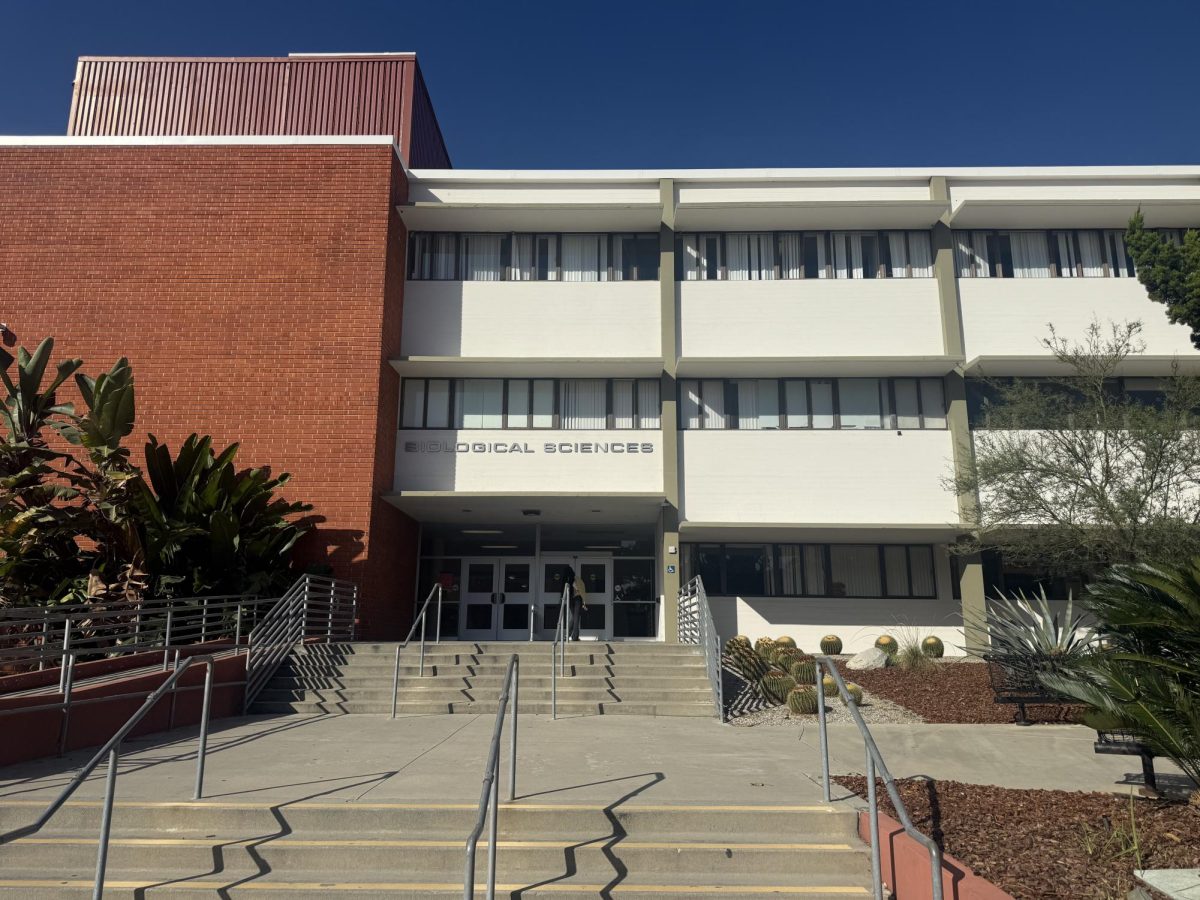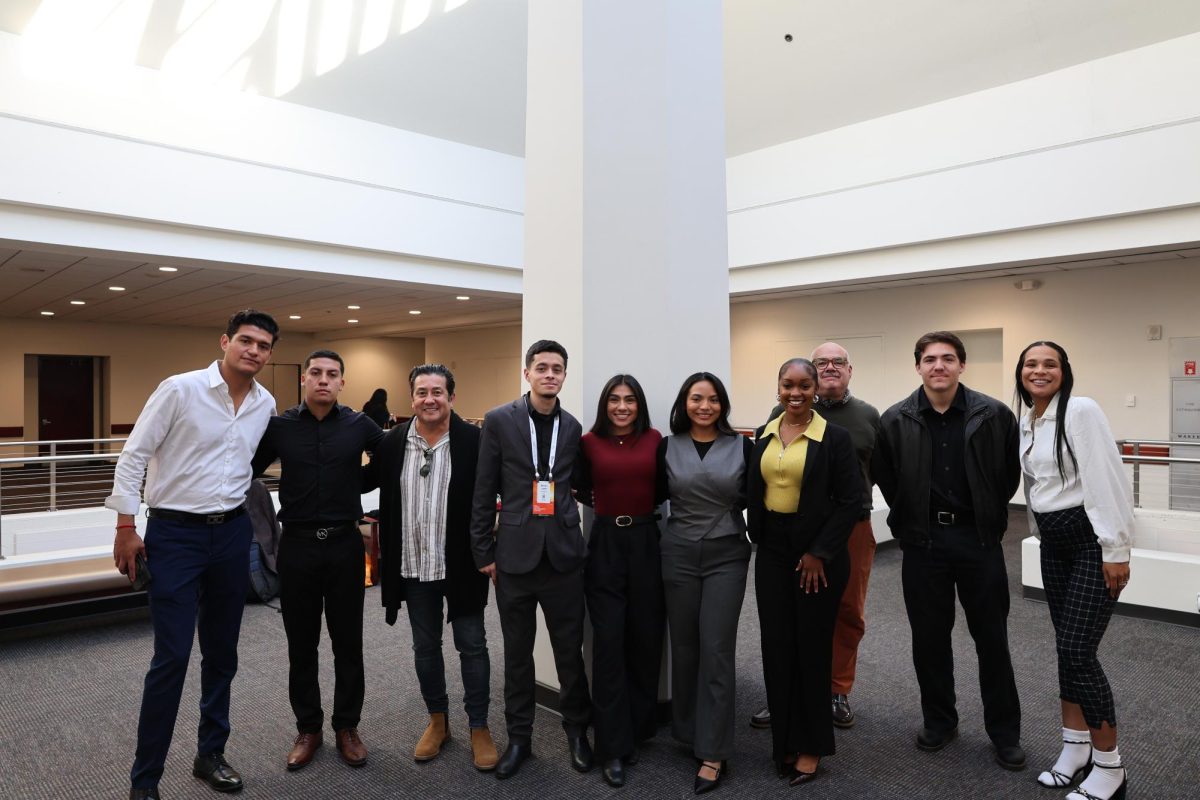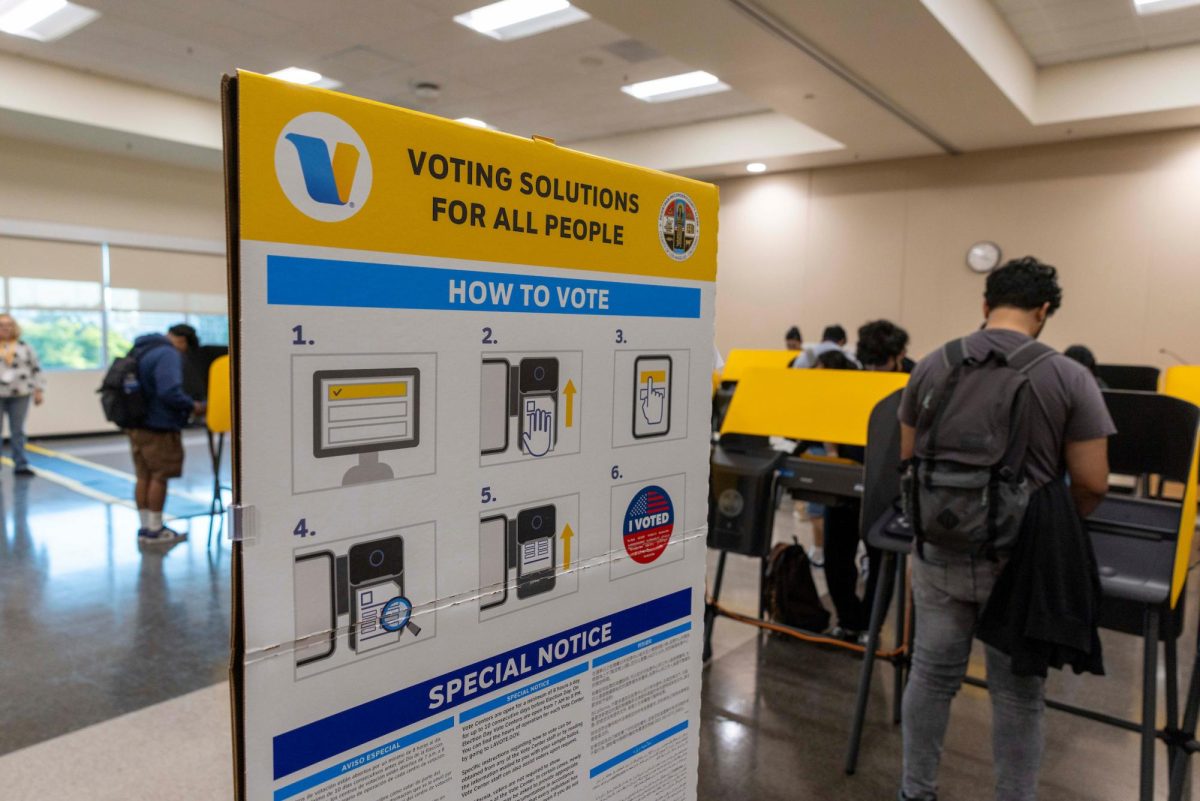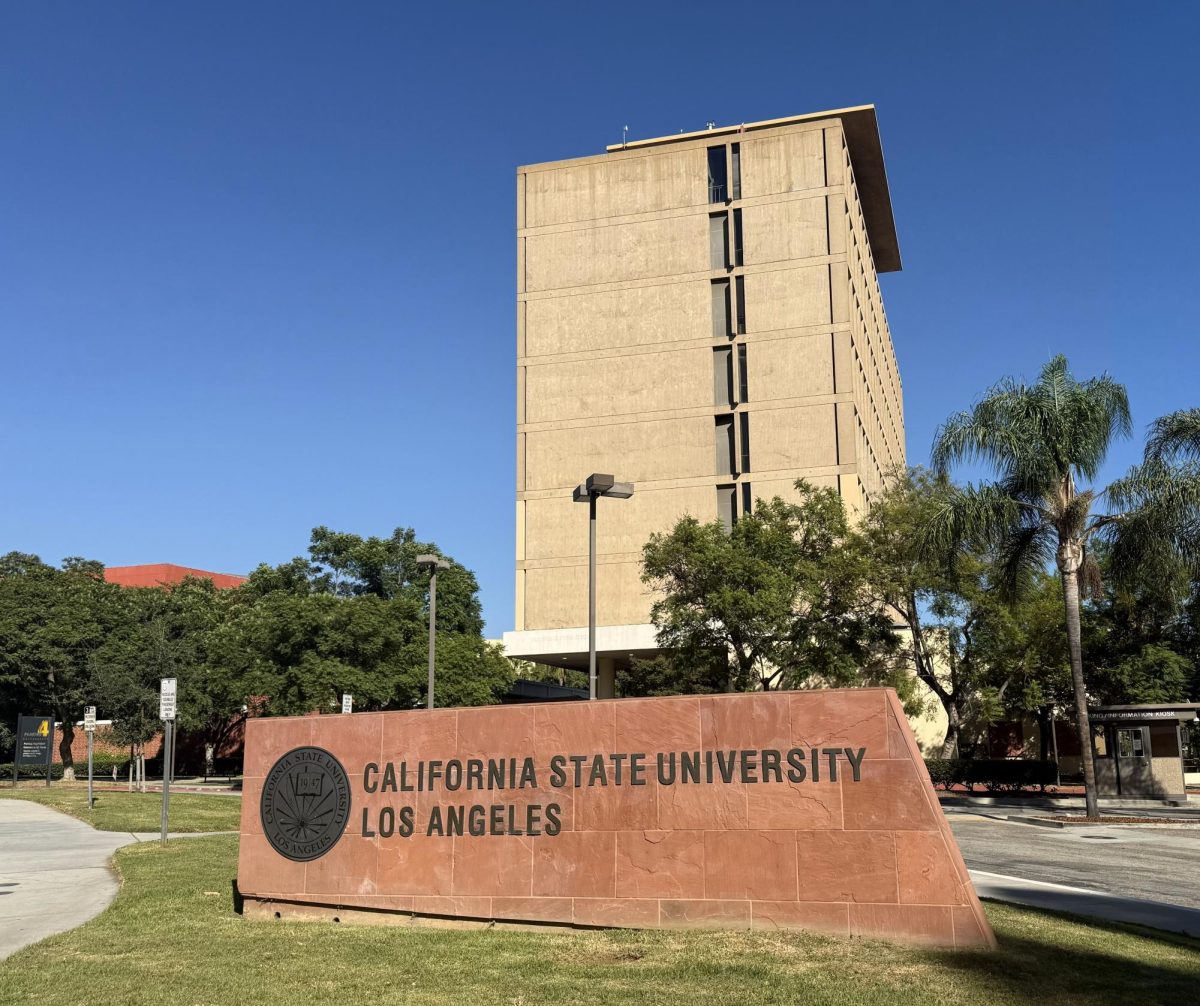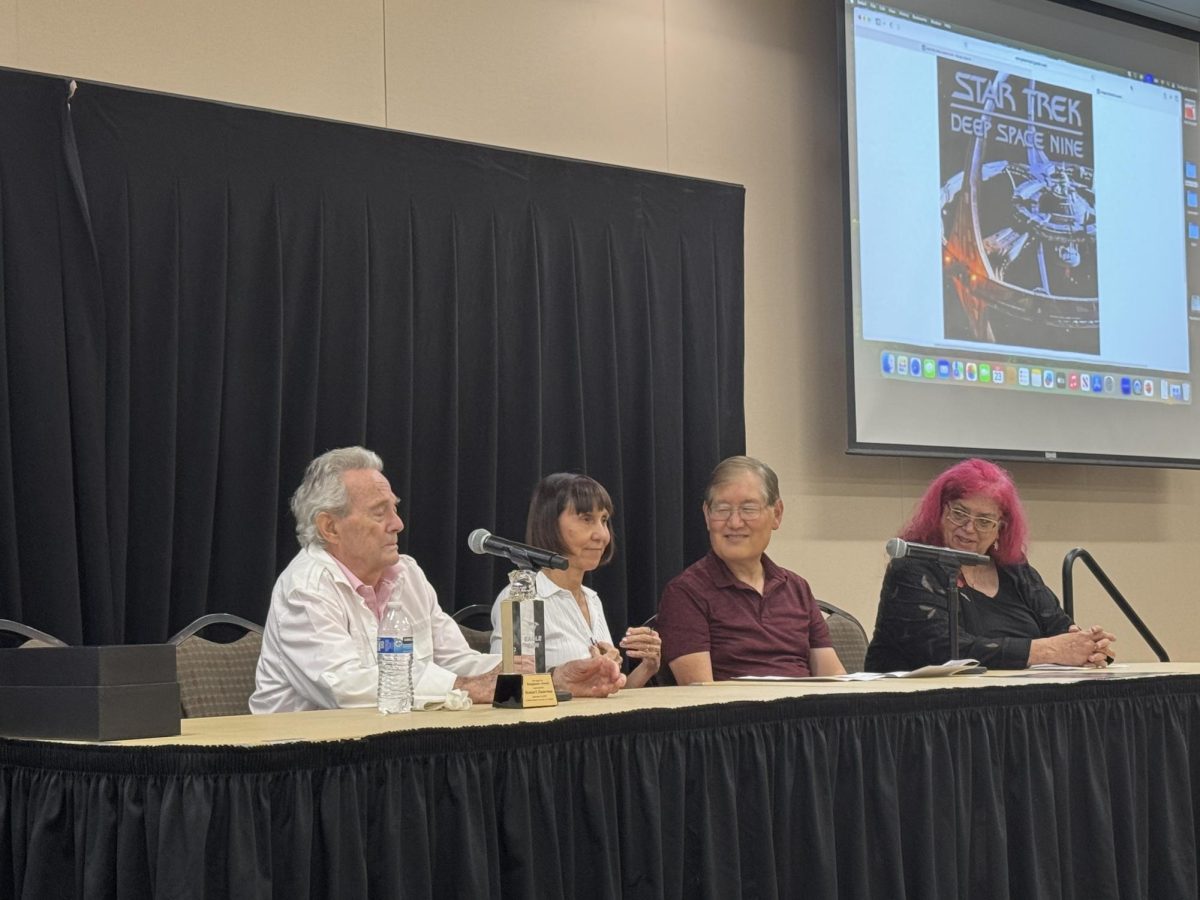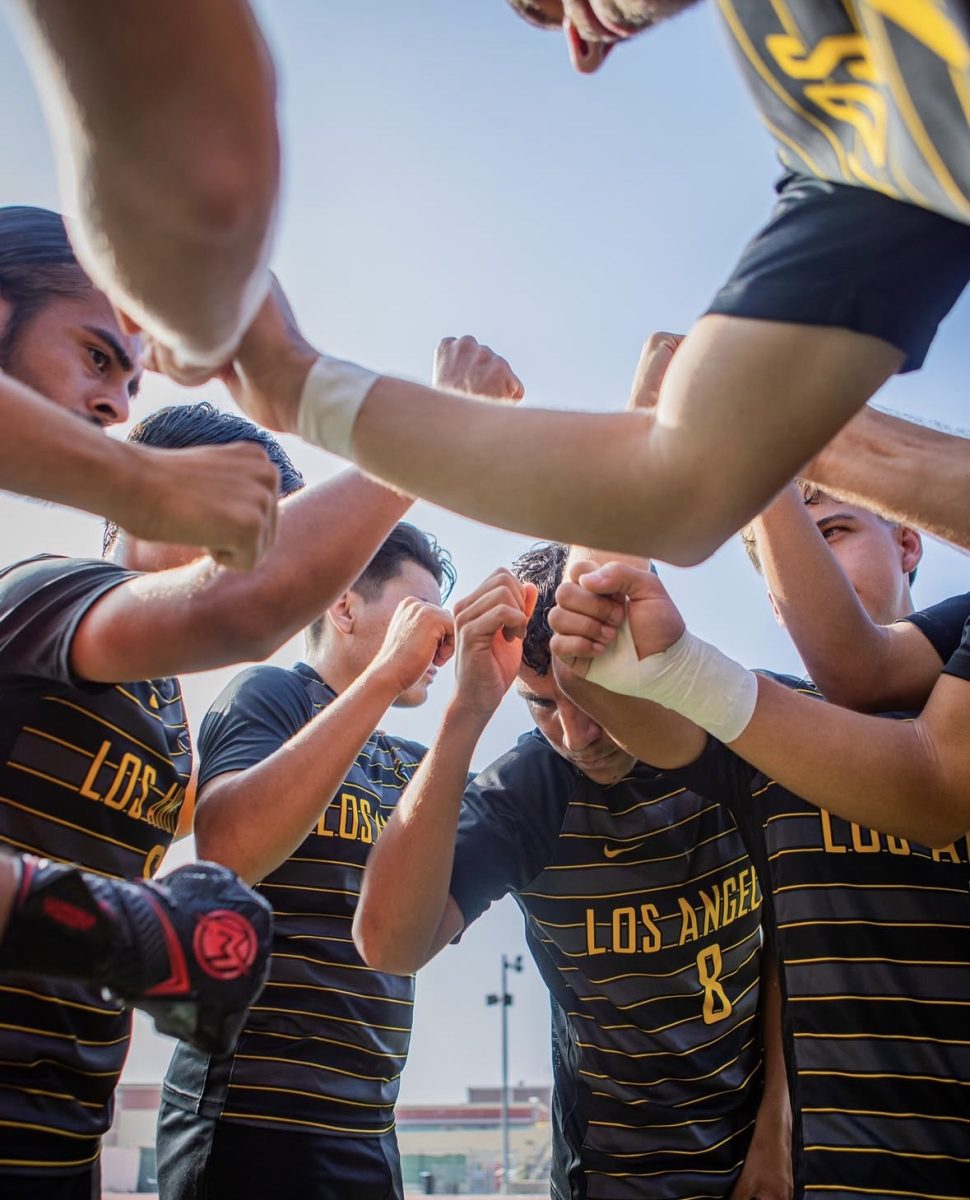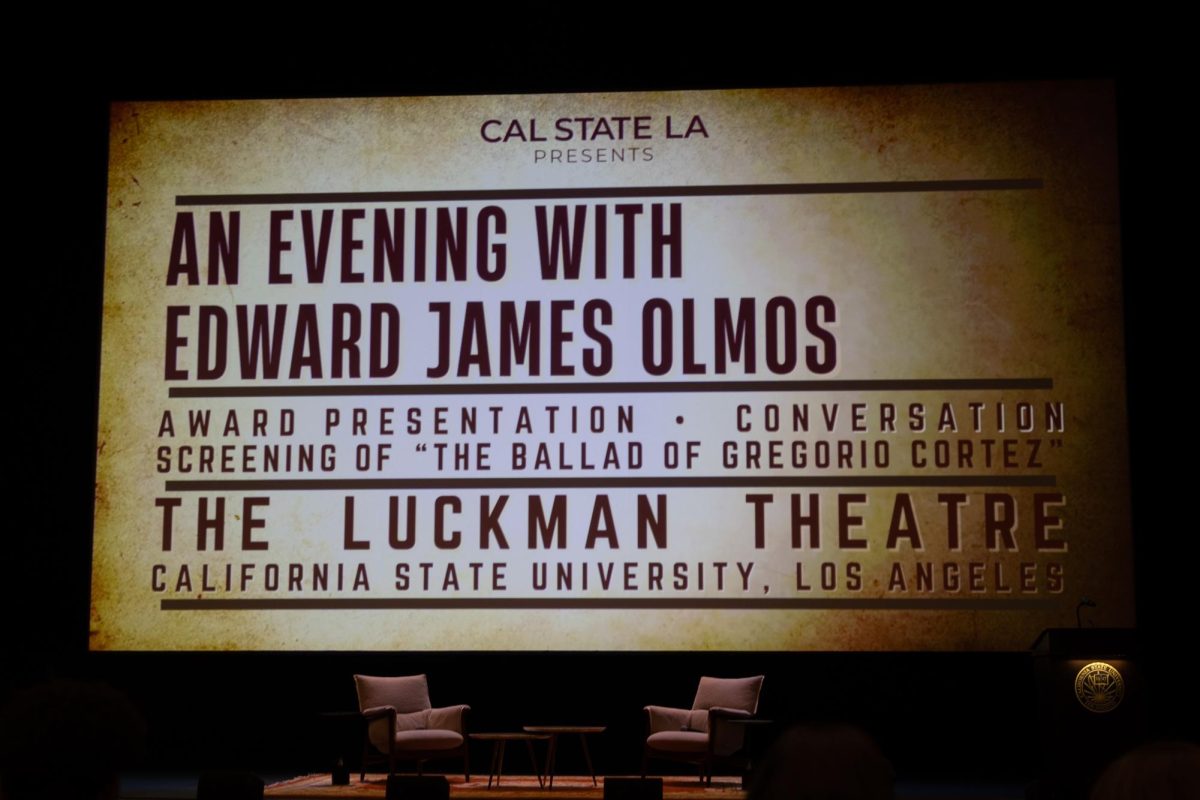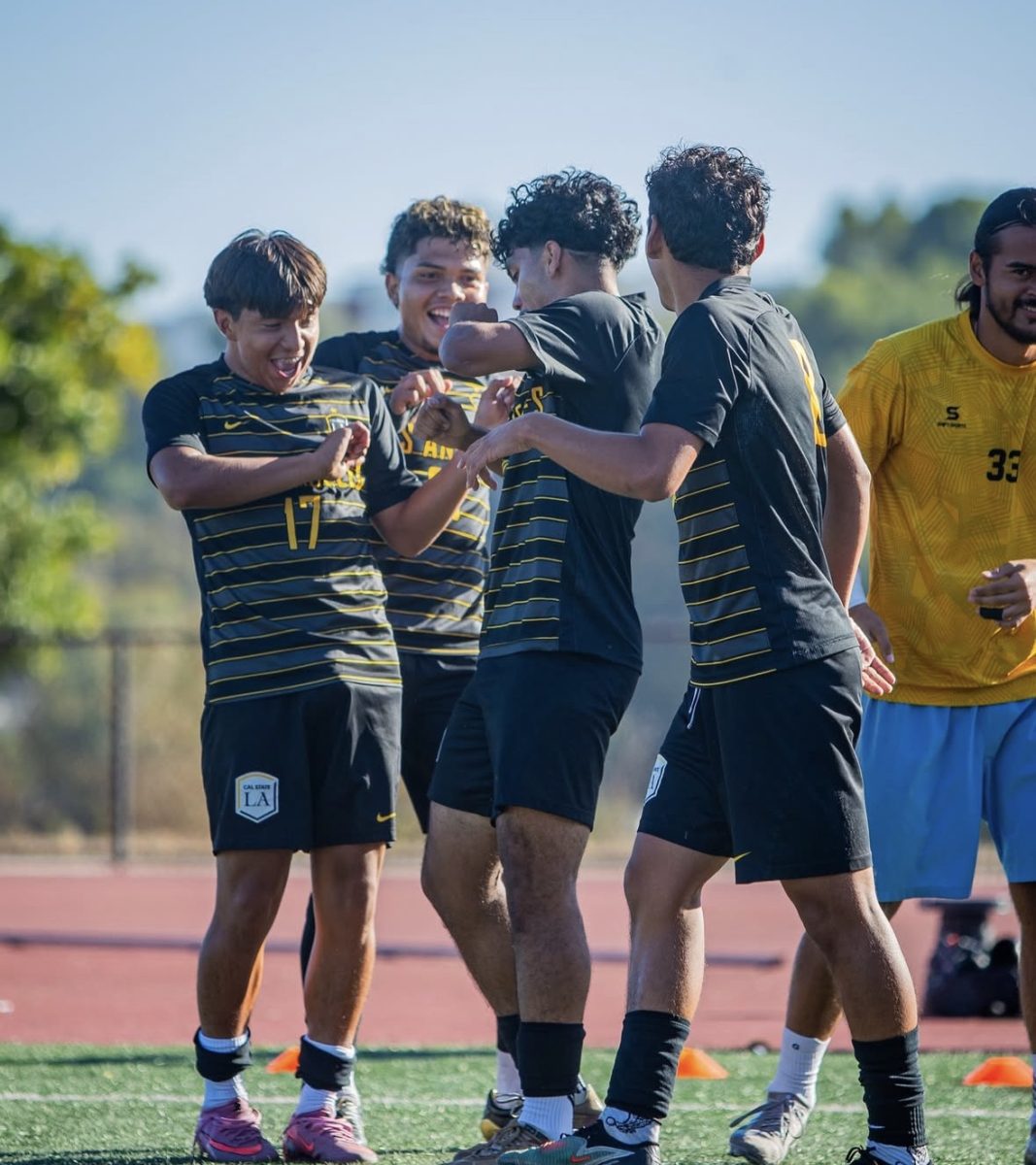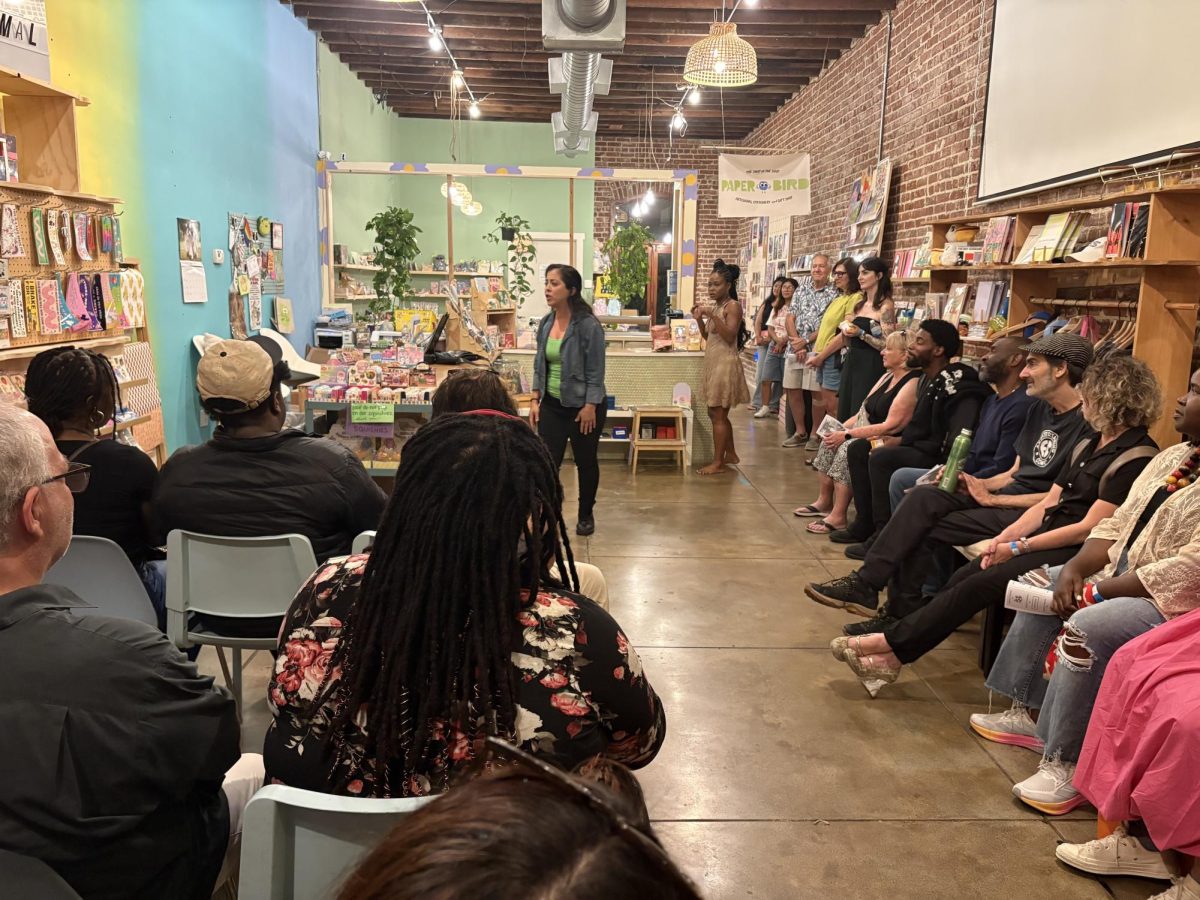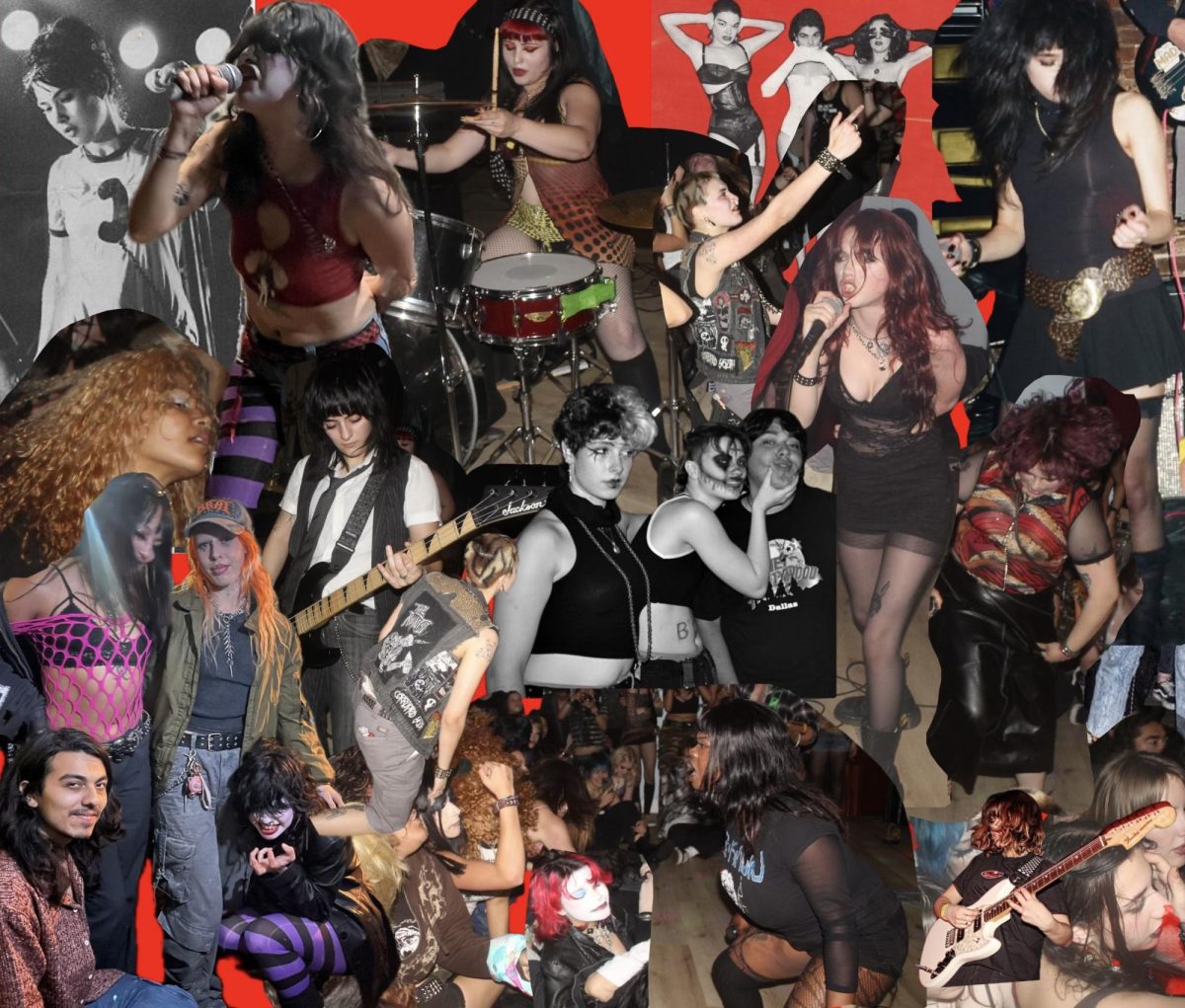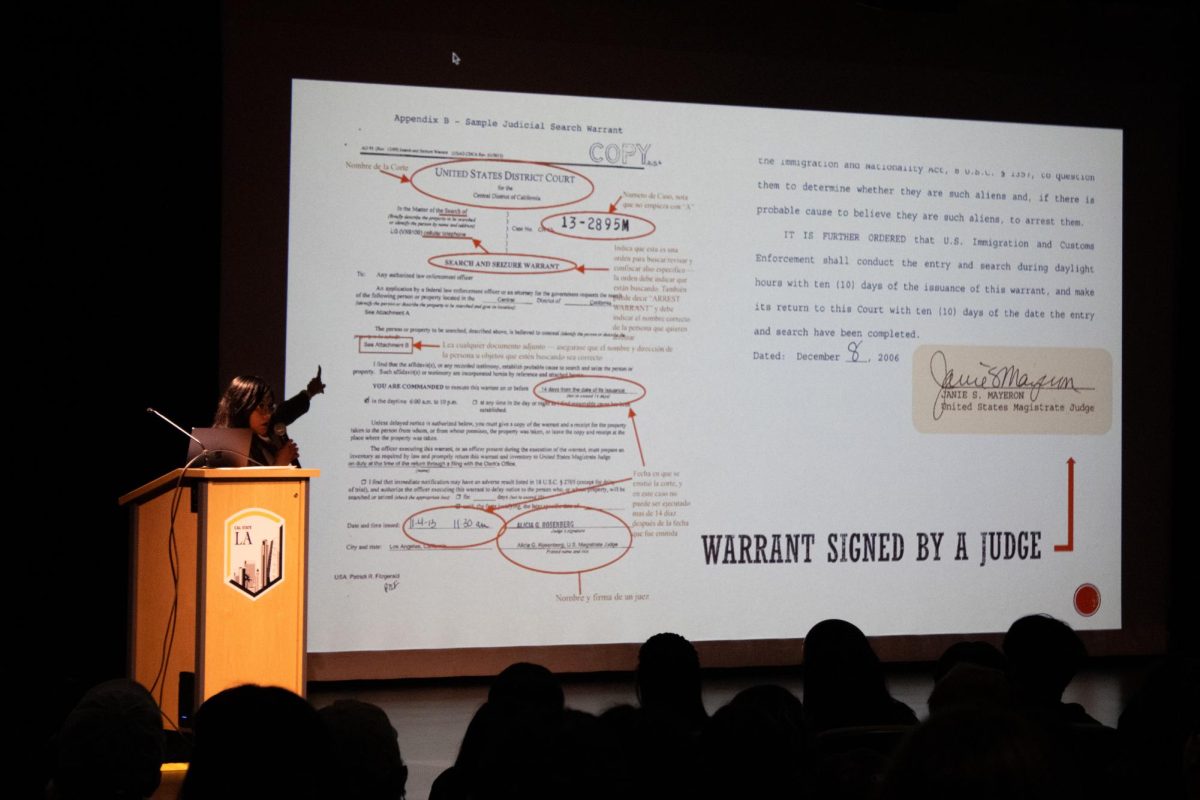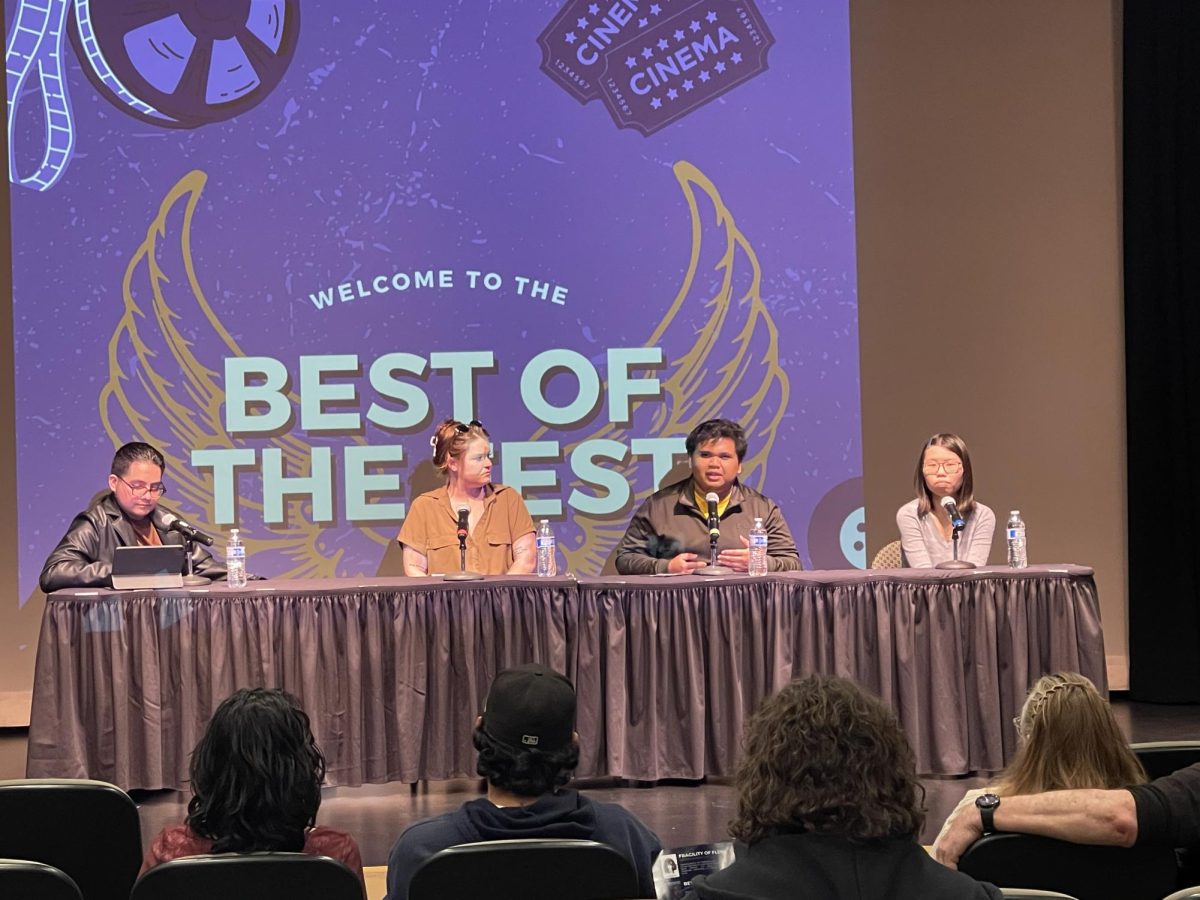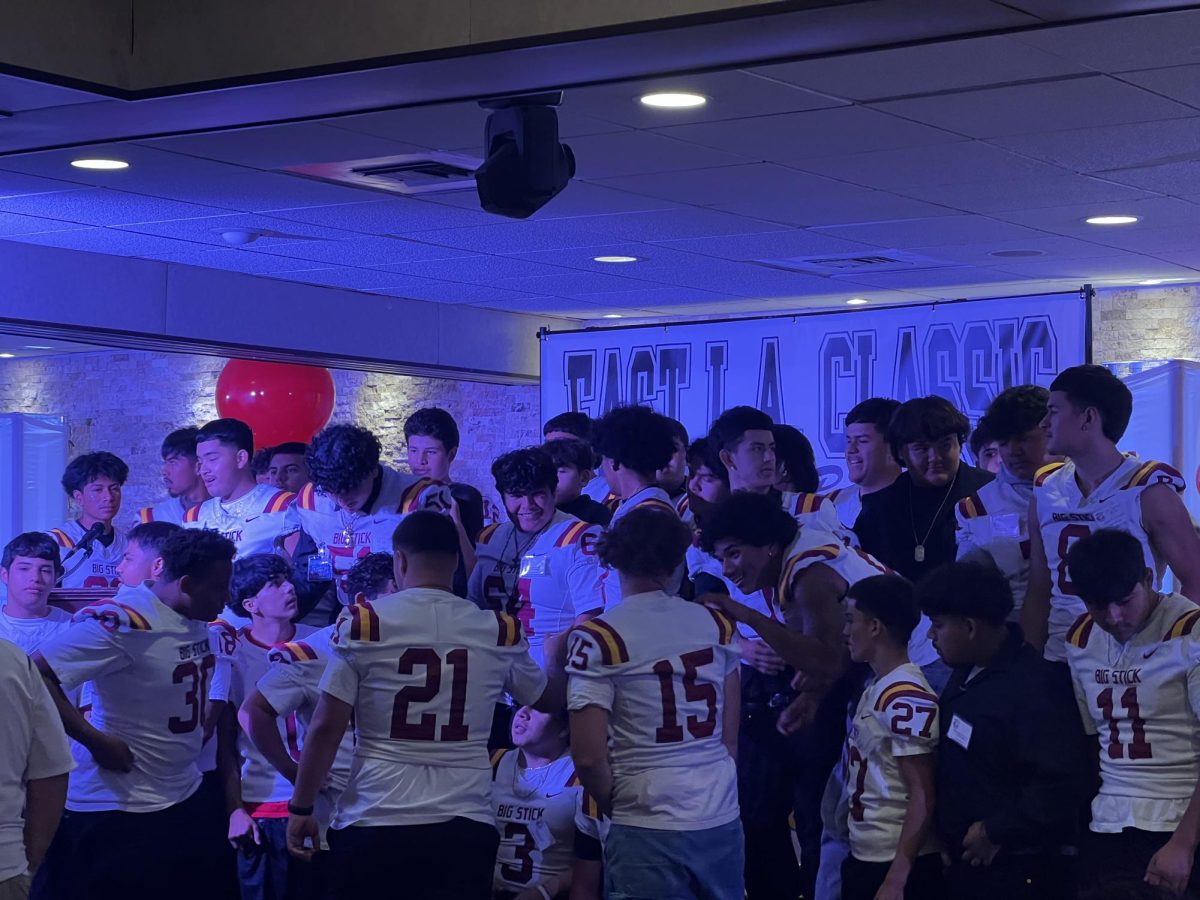The Asian Pacific Islander Student Resource Center (APISRC) gave out around 200 free bánh mì sandwiches and traditional Vietnamese drinks to students during their Bánh Mì(d term) event, that was held on Oct. 11.
Bánh Mì – meaning bread in Vietnamese – is a cultural food originating in Vietnam. The sandwiches are typically made with butter, cold cuts, chillies, carrots, cilantro, daikon and pate. However, multiple variations of bánh mì sandwiches have sprung up over the years, as its popularity grew within the USespecially in Los Angeles.
Students waited in two separate lines, one for those who had RSVPed, and one for those who didn’t. The lines grew to almost 30-40 ft in length as students waited for their food. At the front of the line, volunteers gave out food tickets where students could then go inside to the APISRCI room within the Cross Cultural Center to redeem.
Students were also invited to hang out in the Alhambra study room on the third floor of the Student Union to enjoy their meals, hang out, and play board games.
The sandwiches were bought from the local Vietnamese restaurant chain, Bánh Mì Che Cali, a Vietnamese cuisine restaurant that is popular in Alhambra and El Monte.
Three different types of bánh mì sandwiches were offered, the Bánh mì đặc biệt (house special/deli meat), Bánh mì thịt nướng (grilled pork), and Bánh mì chay (vegetarian). Along with the bánh mì sandwich attendees also received a choice of drink, a cup of Cà phê sữa đá (coffee with condensed milk), or matcha powdered green tea. Almond and oat milk was also provided for the drinks.
Transfer student Kenneth Nguyen is the APISRC student program coordinator and one of the organizers for the event. He identifies as Vietnamese American. Nguyen said that a lot of work was put into planning out the event, as the Cross Cultural Center worked together on budgeting, marketing, creating graphics, and operations.
“During this time, a lot of students are either going into midterms, or coming out of midterms,” Nguyen said.“So we wanted the opportunity to provide a program that has food for students, because I know that college students are looking for food in certain places.”
Informational tickets and flyers were distributed that briefly discussed the journey of how the sandwich was introduced by Vietnamese migrants, and its significance within Vietnamese-American fusion food culture. The sandwich was originally created after the French baguette was imported into Vietnam during their colonization in the 1880s, and has since evolved into a staple food within Vietnamese culture.
“A lot of that has to do with Vietnam’s history with colonialism and French colonialism,” Nguyen said. “My take is that the French are gonna take from Vietnam, and they’re [Vietnam] gonna take from the French as well and transform it. And so in a way Bánh Mì is like, kind of epitomizes fusion food.”
Students who showed up for the bánh mì and drinks seemed to enjoy their meals.
Jayden Lozada, a graphic design major, was taken back to the first time he ever ate a Bánh Mì sandwich.
“I mean, it was like a sandwich. It tasted pretty damn good,” said Lozada.
Aside from their meals, students were also surprised when learning about the history of Bánh Mì.
“Honestly, [I know] not that much,” Lozada admits. “I took some pictures of the infographic so I can read more about it later. I just feel like there’s a lot of them(varieties of Bánh Mì), based on the menus I’ve seen.”
Students said the variety of bánh mì sandwiches allowed them to find a sandwich that suited them despite not enjoying all the ingredients.
“I’m personally not a fan of Dac Biet(House special). I do like the Cha Lua, the Vietnamese ham.” Nguyen said. “I kind of like everything in Bánh Mì Thit Nuong. I just have preferences. ”
When trying the sandwich, Lozada decided to go out of his comfort zone and try food that he doesn’t really enjoy.
“Jalapenos. I don’t like them, so I gave them a try. I managed to eat all except one, and almost cried a little.” said Lozada.

